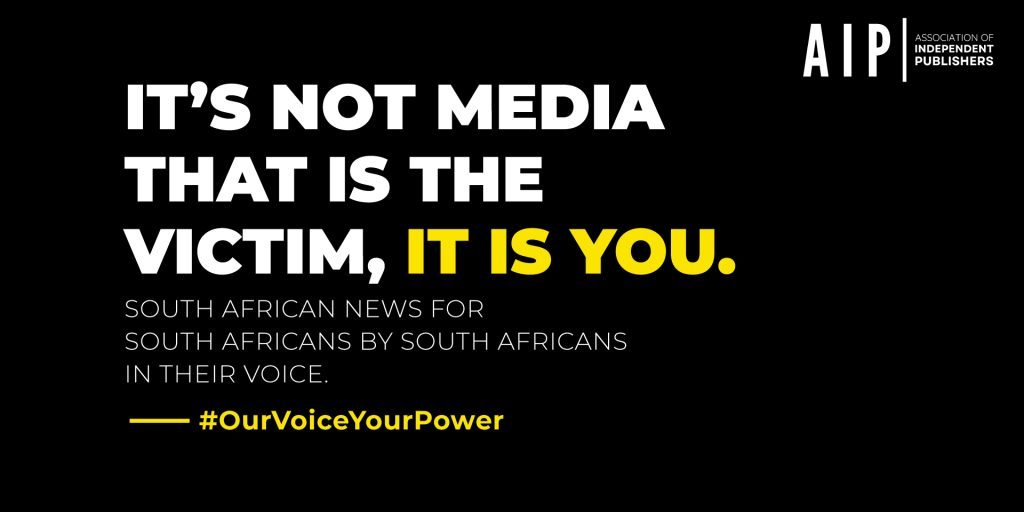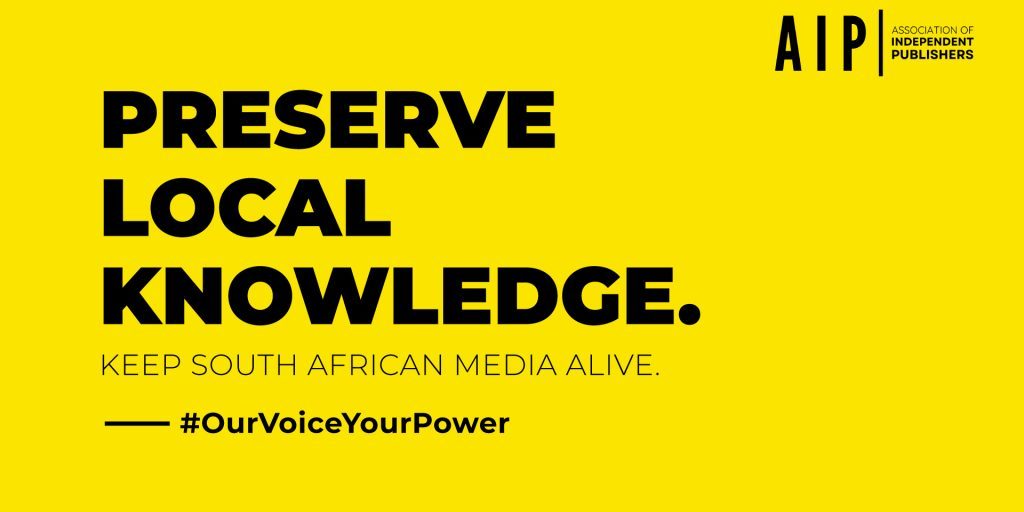The neglected voice: Community Print Media in the shadows of discontent
In recent times, communities across various regions have taken to the streets in protest, expressing their frustration and demanding attention to their grievances. Roads blocked, voices raised, they sought redress for issues like water scarcity, dilapidated roads, and other pressing concerns. While their actions inconvenienced many, they knew it was the only way to draw the attention of those in power. And, in some cases, their efforts bore fruit, prompting leaders to address their grievances.
Yet, amidst this chorus of discontent, there exists a sector that has remained eerily silent—the community print media. For over 15 years, this vital conduit of information and dialogue has suffered neglect from all quarters: corporate entities, communities, and notably, the government.
My focus narrows on the governmental neglect, particularly over the past three decades of governance. Numerous publishers have shuttered their operations, leaving scores of journalists jobless. Yet, during the recent celebration of 30 years of governance success, the community print media sector found no mention, a stark illustration of its abandonment.
This brings to mind the pre-1994 vision of the ANC, which aimed to diversify media ownership and foster a vibrant media landscape. However, the reality paints a bleak picture. Despite efforts to foster diversity through initiatives like the Media Development and Diversity Agency, corruption seeped in, diverting funds meant for the sector’s growth.
The other effort was the establishment of communication sections within all government departments and municipalities. These departments were tasked with disseminating government messages through newspapers. To facilitate this process and bolster the growth of community print media, funding was allocated to these communication sections. This financial support enabled them to purchase advertising space from community print media outlets, thereby fostering their advancement to broader audiences.
Once, there was a dream shared by both government and publishers: to see community and small commercial newspapers flourish, akin to their provincial counterparts. Meetings were held, promises made, but the tide turned, especially in the Eastern Cape under new leadership.
Government support dwindled, advertising ceased, and communicators turned a blind eye, favoring social media over community newspapers. Municipalities followed suit, citing cost and negative coverage as reasons to withhold support. The once-respected voice of the community media sector fell into obscurity.
As we approach elections, the silence from political parties on this matter is deafening. Meanwhile, the closure of numerous publications paints a grim reality. The Association of Independent Newspapers reports a staggering decline in membership, with a hundred community newspapers shuttering their doors in just 15 years.
When a community loses its newspaper, it loses more than just ink on paper—it loses its voice, its connection to its surroundings, its ability to celebrate its heroes and hold authorities accountable.
It falls upon publishers to rise from complacency, to channel their frustration into action. If need be, let us take to the streets with placards, for we have already lost too much. It is time to reclaim our voice, to demand the recognition and support our sector deserves.
Andile Nomabhunga is the publisher of the informer newspaper based in Matatiele
Article was originally published on The Informer: Read it here.




